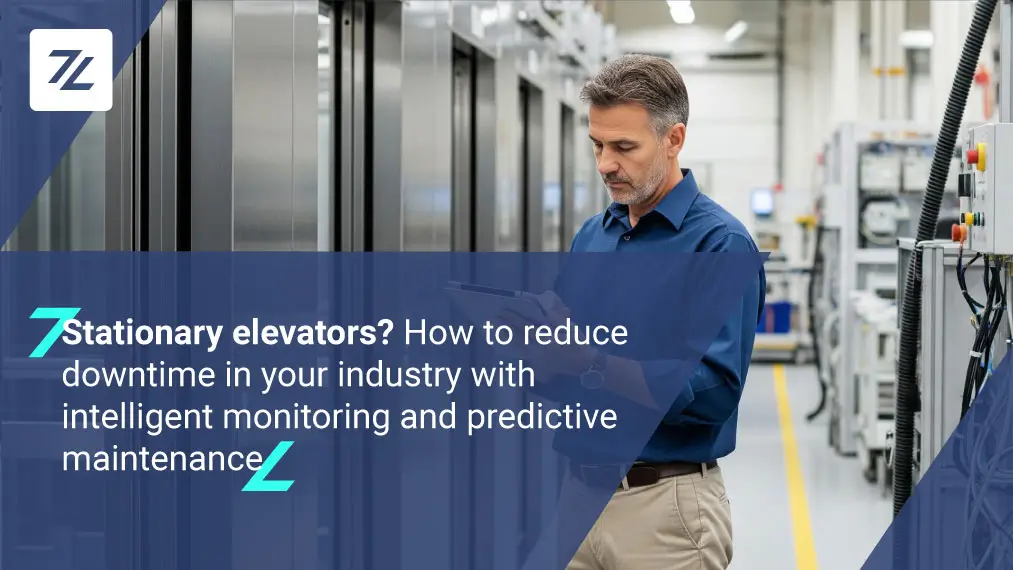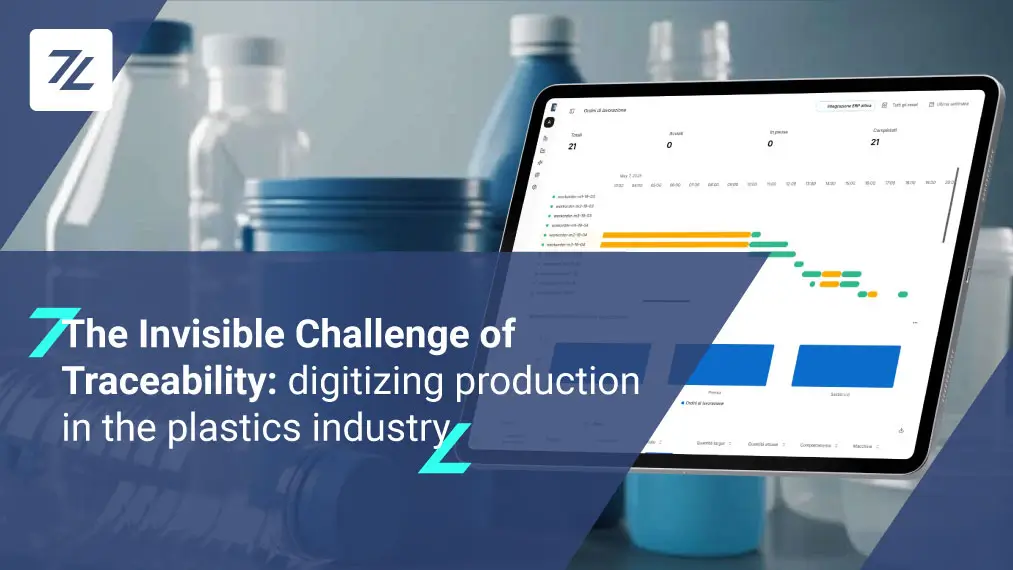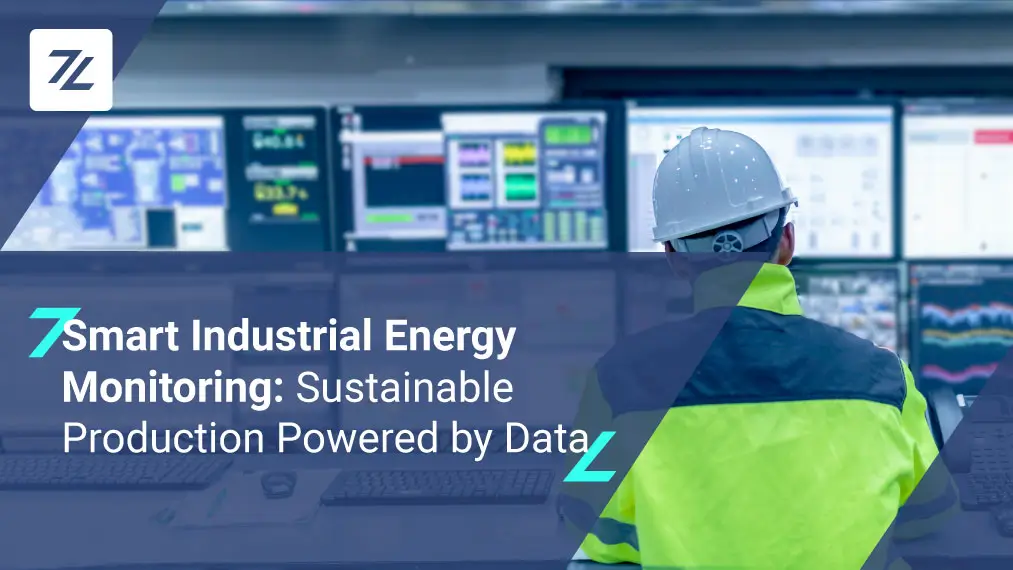The energy crisis has significantly impacted various industries, including the plastics processing sector.
The plastics sector, a highly energy-intensive industry, comprises over 5,000 companies in Italy and employs more than 100,000 people. It plays a crucial role in supporting other essential sectors such as food, construction, healthcare, and automotive.
Due to the surge in energy prices, the plastics production industry is facing significant challenges. In this article, we explore how the Zerynth Industrial IoT & AI Platform is perfect for monitoring energy consumption and optimizing production. Read on to learn more!
Plastics Sector: What’s the Situation?
The European Parliament’s Environment Committee recently approved a new Packaging Regulation aimed at gradually reducing packaging waste by 20% by 2040.
Moreover, the plastics industry is also being crippled by the economic shock that has led to increased energy costs and difficulties in sourcing raw materials. Consequently, production costs have risen, and profit margins for companies have decreased.
It is therefore necessary to find a solution to monitor the electrical consumption of companies in the plastics sector to reduce costs and consumption, thus not impacting the final margins of the companies.
What are the main needs of companies in the plastics sector?
To explain why the Zerynth Platform is the right product to solve the problems of the Plastics Production Industry, it is necessary to analyze the main needs of this sector.
The plastics sector, notoriously energy-intensive, faces the challenge of optimizing energy efficiency to reduce costs and environmental impact. At the same time, improving product quality and production optimization is essential to meet increasingly stringent requirements, ensuring that each item meets the desired specifications. This leads to a strong emphasis on quality control at all stages of production, as safety and performance are directly linked to the quality of finished products.
Another critical aspect is waste management and recycling. Companies must not only efficiently manage production waste but also integrate advanced recycling processes to promote environmental sustainability. Concurrently, constant monitoring of production processes, such as temperature, pressure, and extrusion speed, becomes essential to maintain product consistency and quality.
Automation is another critical lever for companies in the sector, which can benefit from the use of robots for material handling and automated dosing systems to optimize efficiency and reduce human errors. Alongside this, effective inventory and logistics management is vital to ensure operational continuity, minimizing downtime, and optimizing transportation costs.
Regulations on safety and environmental impact require companies to comply with stringent standards, making accurate compliance and workplace safety management crucial. Additionally, the healthiness of work areas is particularly relevant in the plastics sector, where systems such as exhaust hoods and temperature and humidity control are essential to maintain a safe working environment.
Finally, environmental sustainability is becoming an indispensable requirement. Companies are increasingly pushed to demonstrate that their entire production cycle, from raw material sourcing to waste disposal, is sustainable. The adoption of circular economy principles, such as integrating recycled plastic, underscores this commitment to a greener future.
How to Optimize Production and Monitor Energy Consumption
Thanks to energy consumption monitoring software, it is possible to optimize costs and consumption of any type of machinery: production, auxiliary, and even electrical panels.
With monitoring, it is possible to obtain precise data on the energy consumption of individual machines, legacy or modern, and the entire shopfloor, and it is easy to identify areas where there is more energy waste, identifying optimization opportunities.
Companies, thanks to the software for monitoring electrical consumption, can therefore prepare for sustainability reporting. With Zerynth, production optimization is also possible! Thanks to the ability to set alarms, companies can easily optimize the resources employed and improve the value of the OEE index.
Thanks to the extraction of advanced data, it is possible to obtain crucial information from machinery to make strategic data-driven decisions, thereby reducing production costs and achieving complete factory visibility.
A Real Case in the Plastics Sector
Armal, a company that produces plastic materials, turned to Zerynth to optimize production and monitor its energy consumption. The company needed to modernize its entire production flow and had the following objectives:
- Real-time monitoring of machine status: off, automatic, manual, in alarm, etc.
- Monitoring production processes: quantities produced, waste, cycle times
- Monitoring energy consumption of individual presses and individual products
- Better definition of product costing
- Integration with ERP for the calculation of OEE
- Better analysis of investments
Thanks to the Zerynth Industrial IoT & AI Platform, the company was able to reduce expenses for energy consumption by 60% for legacy machinery and 40% for modern machinery. In just one and a half years, Armal recovered the cost of modifications made to the machinery, and in just four months, the investment made in IoT technology was recouped.
What are you waiting for? Don’t miss the opportunity to optimize your production and monitor your energy consumption! Contact us today!
Share This Story, Choose Your Platform!
Follow Zerynth on
Latest Posts






